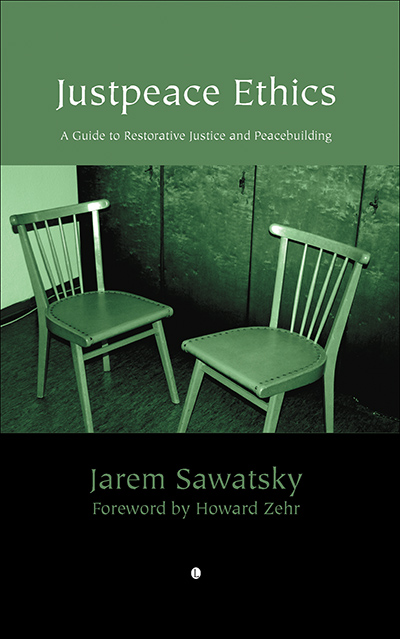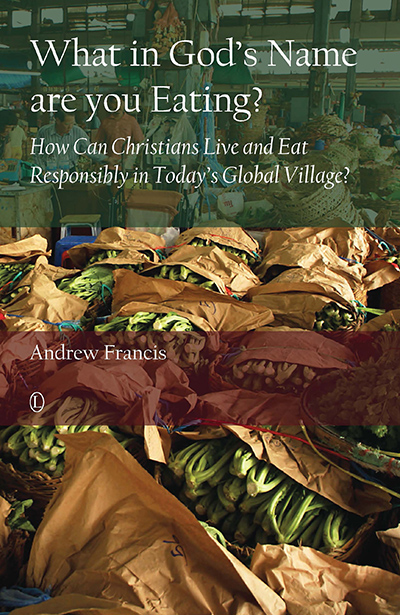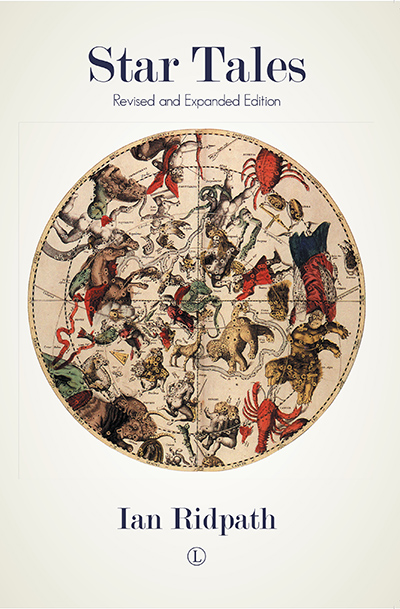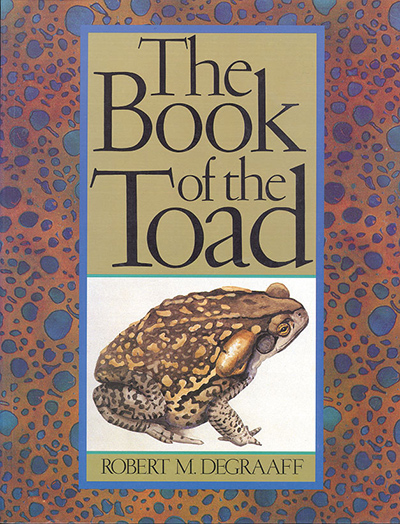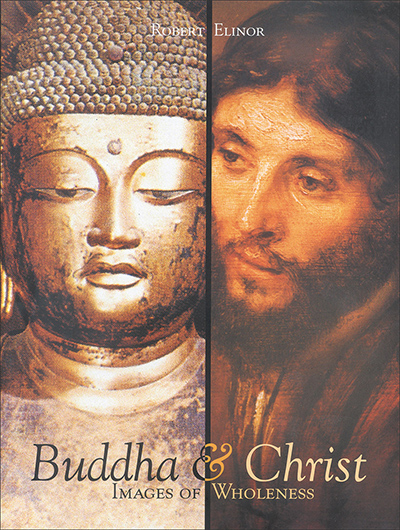Description
Too often when people enter into conflict with an eye on how to resolve it, manage it or transform it, they lose sight of the people involved and the desired end. Too often justice and peace serve as an ideal or some distant shore. We have not yet learned enough about how these ends can also be the means of restorative justice and peacebuilding.
Drawing on the imaginations of some leading peace and restorative justice practitioners, this book identifies components of a justpeace imagination.
This imagination is the basis of justpeace ethics, where the end goal is touched with each step. This simple little book is designed to help those struggling with how to respond to conflict and violence in an ethical and transformative way. It offers practical examples of how analysis, intervention and evaluation of peacebuilding and restorative justice can be rooted in imagination of justpeace ethics.
About the Author
Jarem Sawatsky is Assistant Professor of Peace and Conflict Transformation Studies Canadian Mennonite University. His articles on peace, conflict and restorative justice have been published or presented in Canada, the United States, the United Kingdom, India, Fiji, and Australia.
Contents
Foreword by Howard Zehr
Preface
1. An Overview of a Justpeace Ethic
2. The Heart of the Matter: Interconnectedness and Particularity
3. A Relational-Focused Approach to Change
4. The Creative Search for Truth
5. Cocreating a Beautiful Deep Justice
Bibliography
Endorsements and Reviews
… a fresh and provocative perspective on the intersection of restorative justice and conflict transformation … This is a must-read for conflict resolution academics and practitioners.
Neil Funk-Unrau, Conflict Resolution Studies, Menno Simons College, Canadian Mennonite University
A must read for those who long for a better world
John Derksen, Conflict Resolution Studies, Menno Simons College, Canadian Mennonite University
An account of the values of restorative justice and peacebuilding that is deeply sophisticated, philosophically profound, and rooted in awareness of the complexity of thinking and acting ethically.
Professor Gerry Johnstone, author of Restorative Justice: Ideas, Values, Debates
This timely book challenges us to weave the values of justice and peace into all our endeavours to attend to resolve conflicts meaningfully and compassionately. This is a profoundly insightful book.
Acorn News

